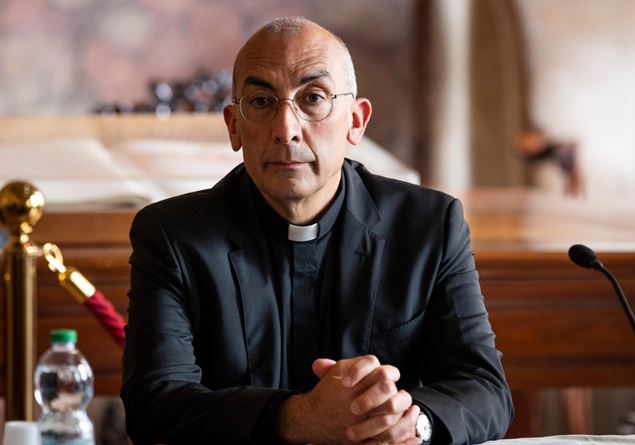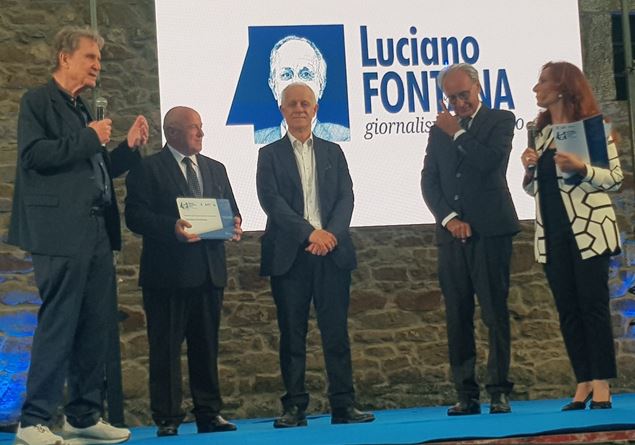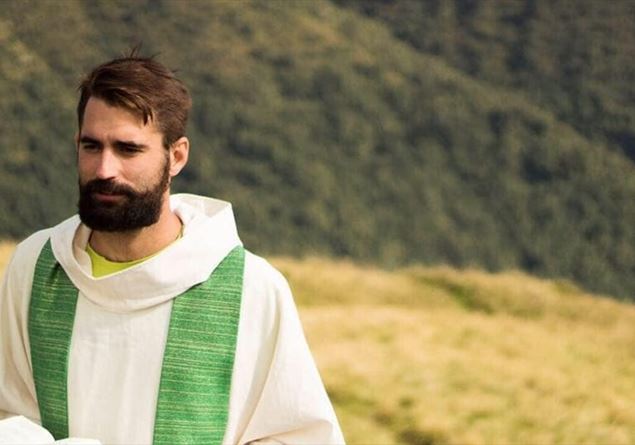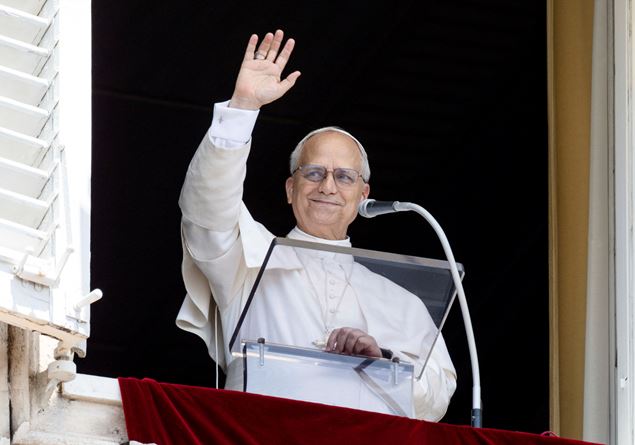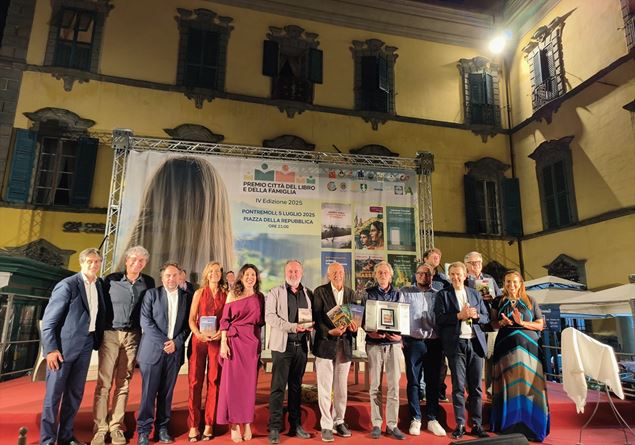Housing poverty, educational poverty and issue of security and social integration. These are the three large areas on which Cardinal Baldassare Reina focused his audition to the parliamentary commission of investigation into the suburbs. An opportunity, for the vicar of the Pope’s diocese, not only to take stock of the situation in the capital, but also to suggest, in a spirit of collaboration with the institutions, possible solutions. Useful for Rome, but of which other territories can also be benefited.
Among the proposals to stem the problem of the lack of housing, the cardinal proposed, “in the jubilee year, a moratorium for evictions due to the innocent arrears”, providing, however, “forms of compensation for the small owners, or agreements on a voluntary pact between the parties, with forms of mediation of the institutions or the third sector”. He still asked to “adequately refinance at national level for the support of access to access to lease and fund for access to the innocent defaults”, also introducing “suitable measures to regulate first and then discourage short rents and to encourage, vice versa, the rents of regular duration, also strengthening the guarantees for rapid recovery owners at the expiry of the lease contracts and A special guarantee fund for small property owners ».
According to the cardinal, it is necessary to prevent and contrast “the illegal occupations of properties promoted with clearly illegal purposes and providing contextual forms of housing assistance for those families forced to find accommodation and without real alternatives”.
On cultural and educational poverty, the Vicar of Rome suggested that they “leave the schools open in the afternoon and possibly even in the evening, making them become cultural centers available to the territory; Involve the associations of the territory “, including parishes and speakers,” to carry out after -school and sports activities for children and training courses for adults, such as those for learning Italian by adult foreigners; Promote projects aimed at the collaboration of public institutions and reality of volunteering for the integration of young Neets “, that is, of those who do not study and seek no work. According to the Cardinal, he must be favored “full time as possible in schools, thus also meeting the food needs of families and the work needs of parents in conditions of particular discomfort”.
Finally, among the proposals to improve security and integration, the cardinal asked to “strengthen the stable presence of law enforcement in the neighborhoods most exposed to crime, promoting a closer relationship with collaboration with the associations and realities of the territory”, to “promote paths of education to legality, to the conscious use of money (financial education) and the prevention of dependencies on alcohol, drugs and azzate online and online bet On the physical network), focusing on the collaboration between public institutions (with particular reference to schools, local healthcare companies and municipalities), volunteering and third sector entities “, to” provide for adequate enhancement of the public lighting, transport, collection and disposal of waste and sports facilities, in particular in the suburbs “, to” create suitable places of aggregation and socialization “, to” involve volunteering in the custody and maintenance of public spaces. starting from the green areas “.
But above all Cardinal Reina insisted on the strengthening of the “rehabilitation and social reintegration programs of people, in particular young people, who have had problems with justice, also aiming in this case to collaboration between public institutions, non -profit organizations and volunteering”. Finally, to avoid “the concentration of the presence of people involved in alternative discount programs under penalty in the same area”.
The cardinal, in thanking for the listening by the parliamentary commission, also wanted to underline the importance of working together, grasping, from the various auditions, “indications and suggestions for the institutional choices to be made up to the needs and needs of the country. For us, the belief is strong, “he added,” that you need to start from the point of view of the poor people, because the one closest to promoting the general interest and the common good and, at the same time, the one most able to encourage bridges, alliances, collaborations, synergies between the different souls, among the many sensitivities present in our city “and in the entire country.





